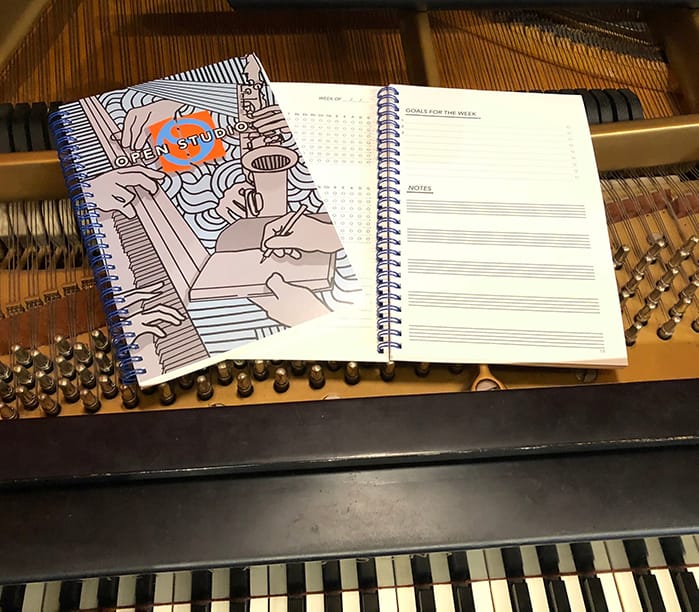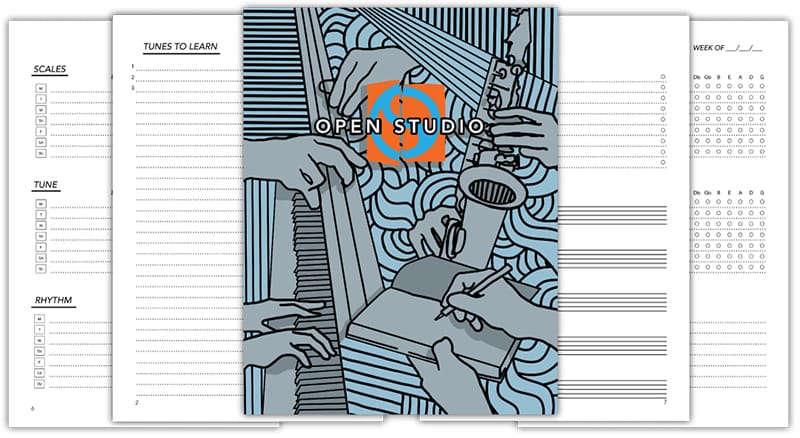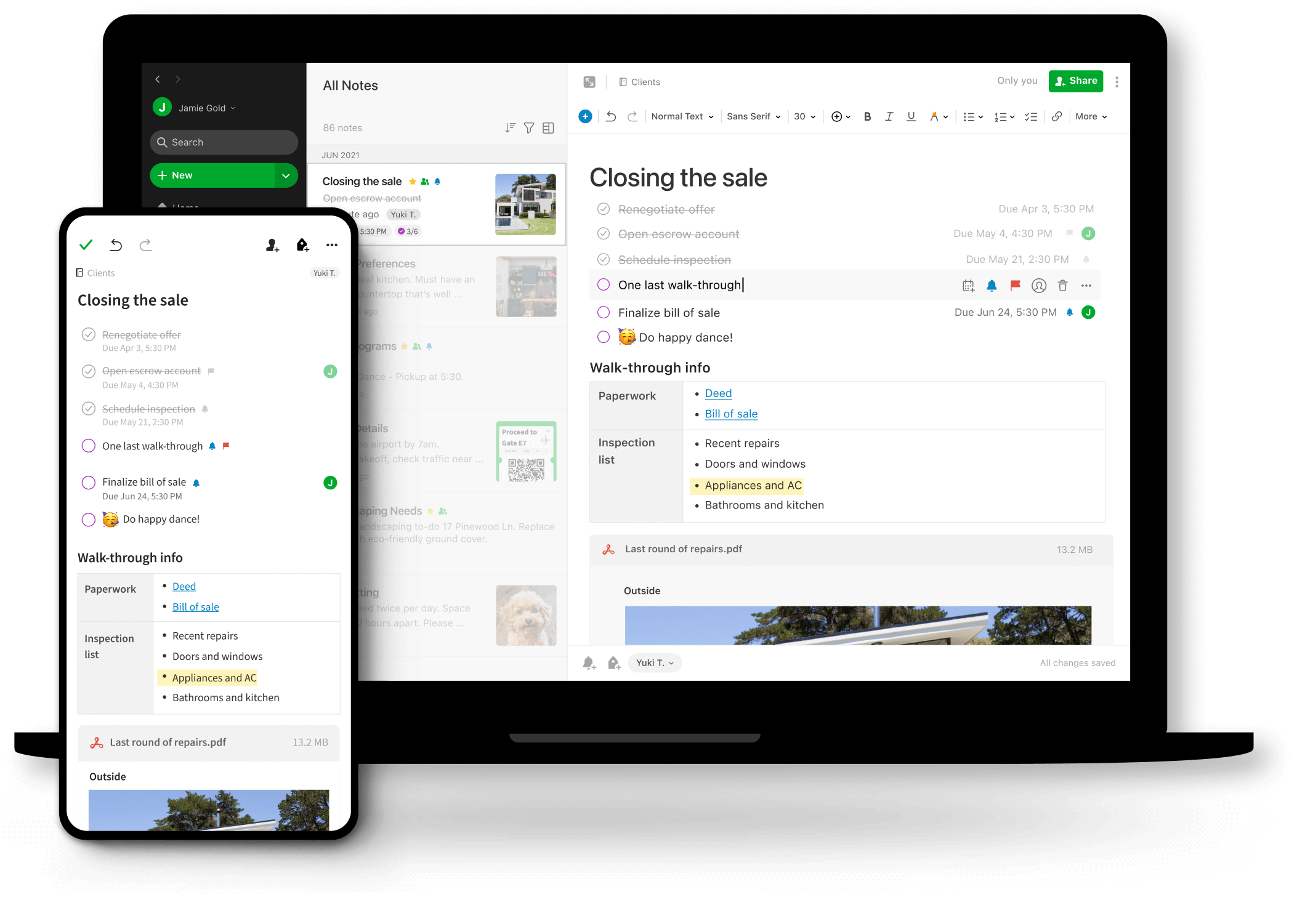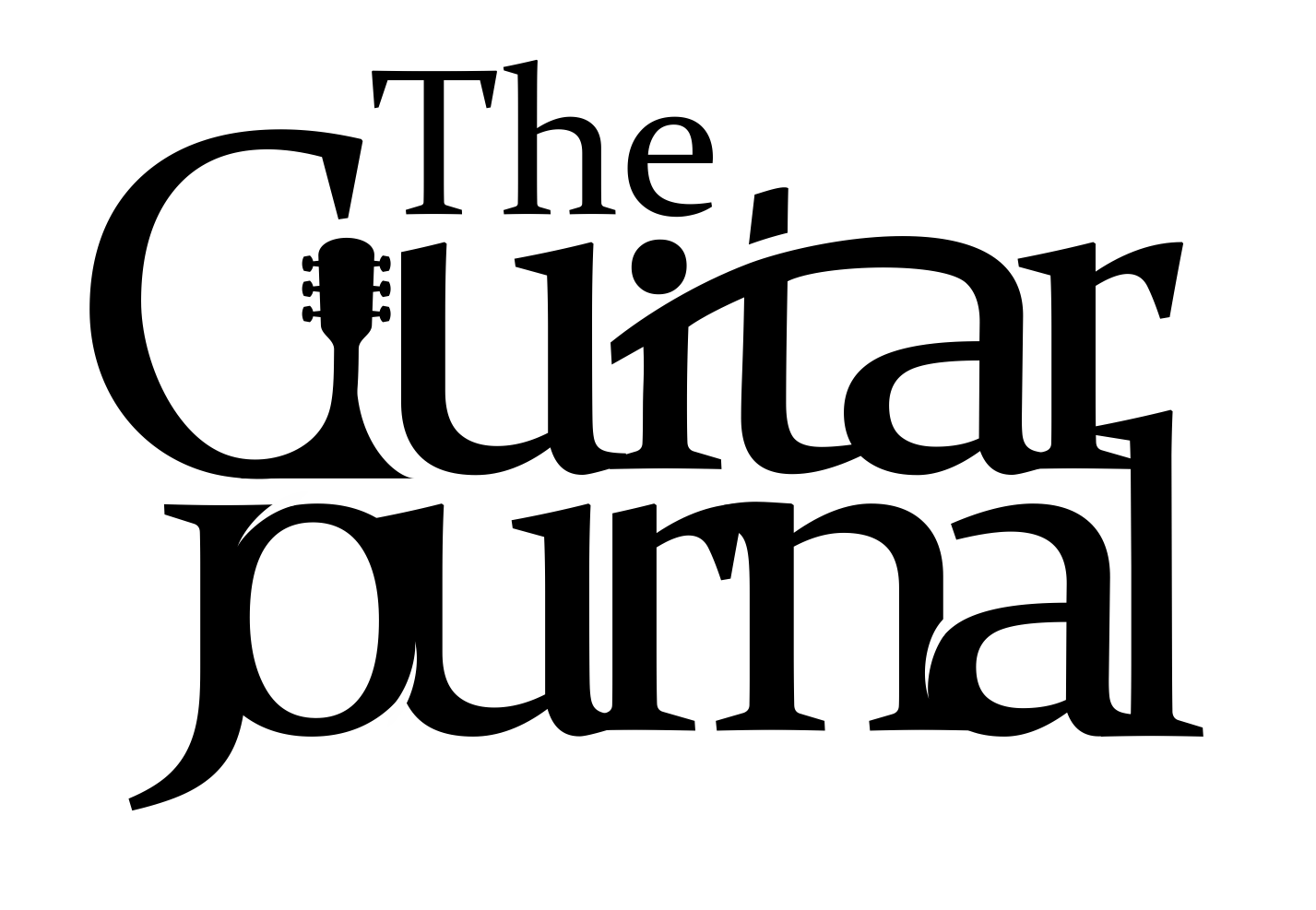The Ultimate Guide To Starting a Music Journal
Journaling is proven to increase creativity, help us think clearly, and increase our learning. Start a music journal and make better music.
Journaling is an age-old practice. It’s the source of of our insight into most major historical personages. It’s therapeutic for people with trauma. It helps us brainstorm. There are lots of benefits. But, most relevantly for us here, it’s a proven tool for becoming a better musician.
One of the best classes I took in school was on Self Management with Prof. Jeremy Hunter. I learned a lot from this class, but one essential lesson was that when we pay attention to something, we raise our awareness of it, and increasing awareness brings change without our even trying.
For example, if someone points out that you say “um” a lot during public speaking, you can't help but to become more aware of it and automatically decrease how much you say "um" next time. Simple awareness leads to change in behaviour.
Journaling is a tool where we can build awareness of our musicianship.

Journaling Builds Musicianship in 3 Ways:
1. Getting Real
The act of writing forces us capture exactly what we’re doing. Did we practice that for 10min? or 15min? Did we practice scales today? Or picking patterns? It’s easy to fudge and tell ourselves that “we did some finger exercises” without being honest about what we actually accomplished.
2. Analysis
A written account allows you to look back at your practice history and discover patterns. We often don’t realize the cycles and behavioral patterns we fall into. By comparing weeks, or even months, of entries we can discern if we’re playing faster, learning new techniques, expanding our range. Or are we practicing the same 3 songs every week?
3. Planning
Writing a journal helps us plan better. If we’re working on Mixolydian scales this week, we can make a note to move on to Dorian next week. Or we can plan several months of exercises. Goals and benchmarks keep us moving when we’re discouraged, or when we’re tempted to camp out on one thing for too long.
To quote Peter Drucker, “What gets measured, gets managed."
So you want to play faster? You want to learn more songs? You want to write more songs? You want to learn a new style?
Let’s learn how to start a music journal.
How To Start a Music Journal

1. What is a music journal?
A music journal is a daily(-ish) written record of your practice and performance. Just like a ship’s captain keeps notes on the weather and events of the day, a music journal lets the musician track their progress on their instrument.
2. What do I write in it?
The quick answer is, “Anything you want to.” The longer answer is: You should write down anything you want to keep track of.
This may be different depending on what your current musical goals are, but here’s some ideas:
- Daily practice agendas.
- What exercises you practices for what period of time, at what tempos.
- What’s working for new techniques, what isn’t.
- Songs that you’re learning.
- Music that you’re listening to and any questions related to that.
- Songwriting ideas.
- Notes from lessons.
- Progress on performance pieces.
- Questions to ask an instructor.
- Things to look up on the web later.
3. How often should I journal?
As often as you practice.
'Daily' is probably the best answer. To progress quickly, most musicians adhere to a daily schedule. This may or may not include weekends. And time will vary, it might be minutes or it might be hours. But the repetition and frequency of daily practice is proven to build skills.
I don’t recommend waiting too long to journal. The reality is that we lose track of details, fudge the numbers, or just plain forget what we did if we wait too long. Ideally, we’re journalling as we practice, or immediately afterwards.
4. Should I use a digital journal or pen'n'paper?
Ahh, always a good question.
Pen and Paper
I’m a big fan of pen and paper because I think there’s something powerful about the tactile exchange of actually writing down the notes. I also tend to use lines, arrows, stars, and other non-character markings to embellish my notes, and these are just easier to do quickly on paper.

There are a lot of options for pen’n’paper, but I have to say, I'm a big fan of Open Studio's Practice Journal ($29). It's got everything you need to get you organized, and it looks good : )
And there have been many times when's it easiest to simply use a plain old pad of paper. I will note that the ring-top pad of paper is preferred, as it’s easier to fold over and leave open on a music stand.
Digital
The advantage of digital is, of course, that it can go everywhere with you on your phone, it doesn’t take up space, and it’s easy to search through.

Currently I use Evernote for this. Evernote is one of the most popular note taking softwares out there. It’s free, it works on every platform, and has incredible user reviews.
It's easy to simply use the notes app built in to your phone, or there are LOT of other note-taking apps out there. The key here is to not get distracted by all the bright shiny apps and get down to practicing your craft!
Bonus Round:
The Non-Musician's Music Journal
Don’t play an instrument? Fret not! (pun intended) A music journal is also an excellent way for music lovers to track the styles, bands, venues, and individual things they like (or don’t like) about music. Wine lover’s and foodies often use this type of journal to crystallize their thoughts, compare notes, and, most importantly, rememeber their favorites. The same goes for music.
I had an uncle once who set himself to listening through all of Western music - from Benedictine monks to Katy Perry. I appreciate that sort of intellectual curiosity and stamina, but I can’t help feeling like that would lead to music overload. A music journal would be the perfect way to record, remember, and process that much input.

